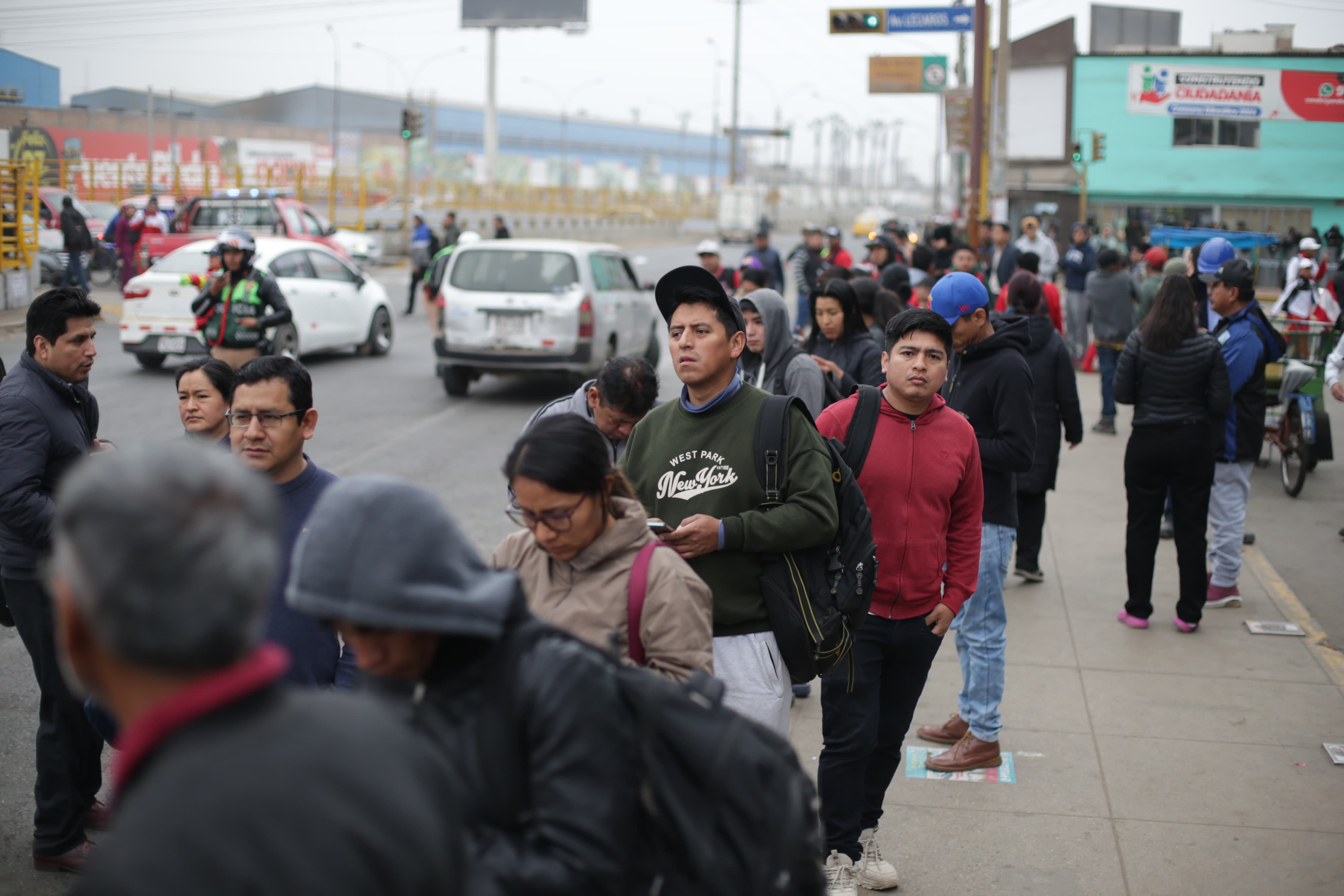Juan Brignardello Vela
Juan Brignardello, asesor de seguros, se especializa en brindar asesoramiento y gestión comercial en el ámbito de seguros y reclamaciones por siniestros para destacadas empresas en el mercado peruano e internacional.




The conflict between Israel and Hezbollah in Lebanon has escalated dramatically, with the Israeli army intensifying its military operations and dismissing proposals for a 21-day ceasefire put forward by the United States and other allies. The rejection of the truce coincides with a resurgence of violence along Israel's northern border, where the Israel Defense Forces (IDF) have carried out air and ground attacks against targets of the terrorist group Hezbollah. In a statement issued on Thursday, the IDF reported that its operations have focused on eliminating senior Hezbollah commanders and dismantling the infrastructure the group uses to conduct its activities in the region. The Israeli Air Force has targeted not only sites in Lebanon but also facilities along the border with Syria, where Hezbollah is allegedly transferring weapons. This intensive military approach has resulted in an increase in casualties, with reports of at least nine deaths in an attack around the city of Baalbek, leading the Lebanese National News Agency to describe the recent bombings as “the most violent” in several days. Israeli Prime Minister Benjamin Netanyahu and his Foreign Minister Israel Katz have been firm in their rejection of any form of ceasefire. Netanyahu's office confirmed that the prime minister did not consider the U.S. proposal and ordered the IDF to continue its offensive. Katz, in a public statement, emphasized that there will be no truce, asserting that the goal is to achieve a decisive victory over Hezbollah to ensure the safety of Israeli citizens in the north. As the situation deteriorates, Hezbollah has responded with an increase in its attacks, launching rockets at Israeli targets, including alleged military industry complexes near Haifa. This cycle of retaliation has heightened tensions in the region to alarming levels, with the Israeli military chief warning of the possibility of a ground operation in Lebanon, a move that could have devastating consequences and further exacerbate the conflict. Since the beginning of this series of clashes, triggered by Hamas's attack on Israel on October 7, the number of casualties has been rising. According to the Lebanese Ministry of Health, more than 630 people have died in just three days, while over 2,000 have been injured and thousands have been displaced. The humanitarian situation has become unsustainable, with the United Nations estimating that more than 90,000 people have been displaced in the past five days, adding to a total of around 200,000 since the beginning of this conflict. A tragic recent event occurred in the village of Younine, where an Israeli airstrike destroyed a building housing Syrian workers, resulting in the deaths of 23 Syrian citizens and leaving several injured. Such incidents highlight the devastating reality faced by the civilian population, caught in the midst of a conflict that seems to have no end. With the growing influx of displaced persons, Lebanon faces significant humanitarian challenges, in addition to the burden of hosting approximately 780,000 Syrian refugees, making it one of the countries with the highest per capita refugee populations in the world. The pressure on the country's already limited resources is intensifying, creating a scenario of instability that could have repercussions throughout the region. As the conflict intensifies, the international community watches with increasing concern. Ceasefire proposals, which sought to provide a necessary pause to allow for diplomacy, have been ignored by the parties involved, raising the risk that this conflict could escalate into a full-scale war between Israel and Hezbollah. The current situation, marked by a cycle of violence and retaliation, portrays a complex scenario where geopolitical tensions, regional alliances, and the internal dynamics of each country intertwine. The urgency to find a peaceful solution becomes more pressing as the consequences of the conflict affect civilian populations, who bear the burden of the political and military decisions made by their respective governments.
Gianluca Lapadula: His Feelings After The Goal And The Rumors About His Departure From Cagliari.

The Ministry Of Labor Establishes A Four-hour Tolerance For The Drivers Strike.

"Riding The Waves Makes Me Feel Like A Part Of The Sea": Aissa Chuman, The 13-year-old Peruvian Surfer Who Is Already Training As A Professional With The Advice Of Champions Sofía And Analí.





